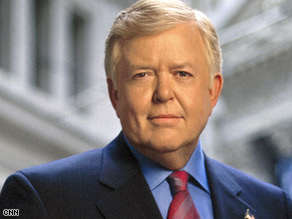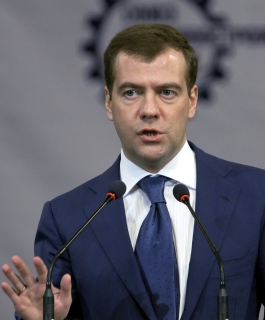Robert Hirsch, an energy advisor, says CNBC morning show prediction was a citation of the ‘Dean of Oil Analysts.’
Robert Hirsch, Management Information Services Senior Energy Advisor, gave a dire warning about the potential future of gas prices on CNBC’s May 20 “Squawk Box”. He told host Becky Quick there was no single thing that would solve the problem, due to the enormity of the problem.
“[T]he prices that we’re paying at the pump today are, I think, going to be ‘the good old days,’ because others who watch this very closely forecast that we’re going to be hitting $12 and $15 per gallon,” Hirsch said. “And then, after that, when oil – world oil production goes into decline, we’re going to talk about rationing. In other words, not only are we going to be paying high prices and have considerable economic problems, but in addition to that, we’re not going to be able to get the fuel when we want it.”
Hirsch told the Business & Media Institute the $12-$15 a gallon wasn’t his prediction, but that he was citing Charles T. Maxwell, described as the “Dean of Oil Analysts” and the senior energy analyst at Weeden & Co. Still, Hirsch admitted the high price was inevitable in his view.
“I don’t attempt to predict oil prices because it’s been impossible in the past,” Hirsch said in an e-mail. “We’re into a new era now, and over the next roughly five years the trend will be up significantly. However, there may be dips and bumps that no one can forecast; I wouldn’t be at all surprised. To me the multi-year upswing is inevitable.”
Maxwell’s original $12-15-a-gallon prediction came in a February 5 interview with Energytechstocks.com, a Web site run by two former Wall Street Journal staffers.
“[Maxwell] expects an oil-induced financial crisis to start somewhere in the 2010 to 2015 timeframe,” Energytechstocks.com reported. “He said that, unlike the recession the U.S. appears to be in today, ‘This will not be six months of hell and then we come out of it.’ Rather, Maxwell expects this financial crisis to last at least 10 or 12 years, as the world goes through a prolonged period of price-induced rationing (eg, oil up to $300 a barrel and U.S. pump prices up to $15 a gallon).”
According to associate of Maxwell at Weeden & Co., Maxwell is out of the country and currently unavailable for comment.
Maxwell’s biography on the Weeden & Co. Web site said he “has been ranked by the U.S. financial institutions as the No. 1 oil analyst for the years 1972, 1974, 1977 and 1981-1986,” according to polls taken by Institutional Investor magazine.
“In addition, for the last 17 years he has been an active member of an Oxford-based organization comprised of OPEC and other industry executives from 30 countries who meet twice a year to discuss trends within the energy industry.”
Although Maxwell’s prediction is for the long-term, not everyone supports high-end predictions, even in the short-term. CNBC contributor and the vice president of risk management for MF Global (NYSE:MF) John Kilduff said on “The Call” May 7that he expected gas prices to drop following the Chinese Olympics, as China’s economic boom slows down.
By Jeff Poor
Business & Media Institute
5/21/2008 3:38:13 PM
Source: Business and Media




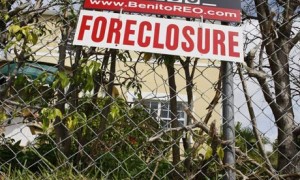
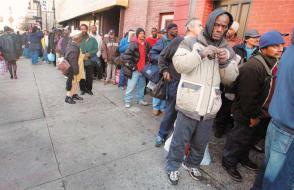

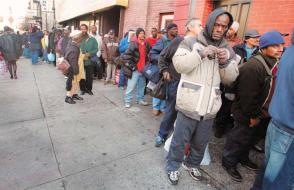

 As the author of three books on mortgage finance and related derivative securities, and speaking as someone who first turned mortgages into rated securities in 1983, I’m going to let you in on an unfortunate little secret – the real subprime mortgage securitization crisis may not have even started yet. But, there is a good chance the real crisis will arrive soon.
As the author of three books on mortgage finance and related derivative securities, and speaking as someone who first turned mortgages into rated securities in 1983, I’m going to let you in on an unfortunate little secret – the real subprime mortgage securitization crisis may not have even started yet. But, there is a good chance the real crisis will arrive soon.
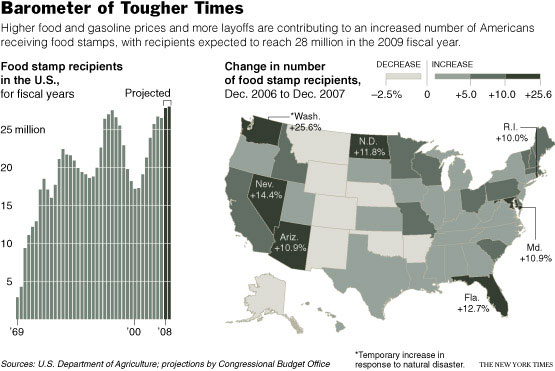
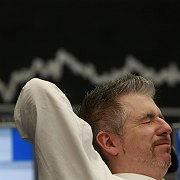 A trader reacts in front of the DAX board at the Frankfurt stock exchange.
A trader reacts in front of the DAX board at the Frankfurt stock exchange.

